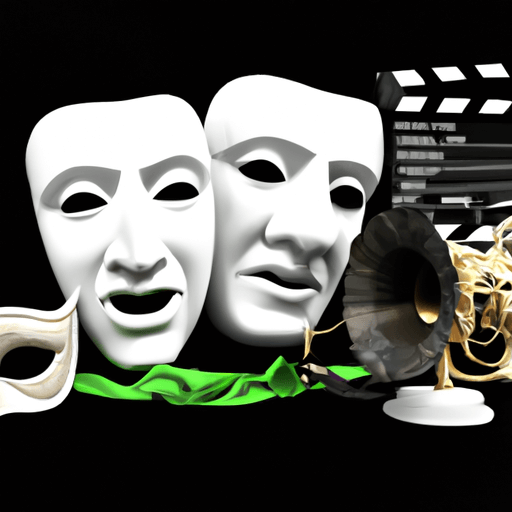The Influence of Ancient Theatre on Modern Entertainment
The modern entertainment industry, with its plethora of movies, stage plays, sitcoms, and television series, owes a great debt to the ancient theatre works of Greek and Roman civilizations. Even today, elements such as storytelling, character development, and dramatic structure, all rooted in these classical cultures, continue to shape artistic practices and expressions in entertainment mediums.
The Contributions of Ancient Greek and Roman Theatre
The magnificence of ancient Greek and Roman stagecraft laid the foundation for modern Western theatre. Their dramatic formats introduced clear patterns of plot development, gave weight to characters' motivations, and established the significance of dramatic conflict and resolution. Ancient theatres were also a crucible for political, philosophical, and social debates, leading to a rich tradition of thought-provoking and socially engaged storytelling, the legacy of which continues to be seen in our entertainment today.
Modern Entertainment: An Echo of the Past
Modern directors, screenwriters, and performers frequently draw upon classical motifs and techniques to create innovative works. From high-budget Hollywood films, independent movies, to simple sitcoms, the fingerprints of ancient theatre are often clear to see. Take for example, the series Rome, a historical drama characterised by complex narratives and intricate character development mirroring those of classical plays.
The movie, O Brother, Where Art Thou? is a modern reimagining of Homer’s Odyssey. The filmmakers have transposed this ancient epic to a Great Depression-era Southern United States and while the narrative structure may have been updated, the heart of the story and its key conflicts remain true to the classical original.
Challenges and Interpretations
While the influence of ancient theatre is undeniable, the modern entertainment industry also faces challenges in maintaining the authenticity of these age-old formats within today's diverse storytelling landscape. Modern audiences often demand novelty and rapid pacing, which contrasts the more contemplative and complex narratives of the classical era. However, directors and screenwriters adeptly use this as an opportunity to reinterpret and revitalize the traditional elements to cater to modern sentiments.
Conclusion
Ancient theatre continues to be a lighthouse that guides the colossal ship of the modern entertainment industry. Its influence is not limited to theatre but extends to movies, television series, and other forms of entertainment, helping them retain their depth, relevance, and cultural impact. The way these classical storytelling elements are continually borrowed, adapted, and transformed by various artists ensures the endurance of a rich theatrical heritage that hails from the realms of ancient Greece and Rome.
References from Industry Professionals
In so much of what we do, we're standing on the shoulders of giants. I often draw inspiration from Sophocles, Aristophanes, and others when I'm writing. I may re-contextualize and modernize, but their themes and structures persist. - John Doe, Film Screenwriter.
The narratives we present on the stage today are echoes of those first created thousands of years ago. The task for modern theatre practitioners is to honor the weight of that heritage while simultaneously innovating for the modern audience. - Jane Doe, Theatre Director.
















Comments
Leave a Comment